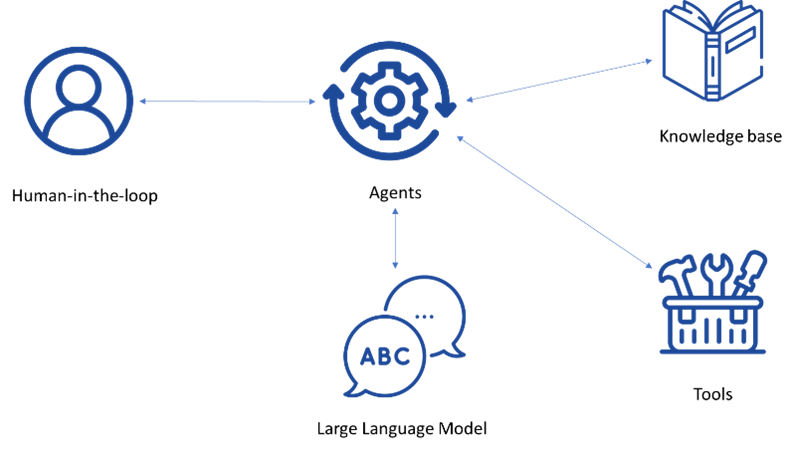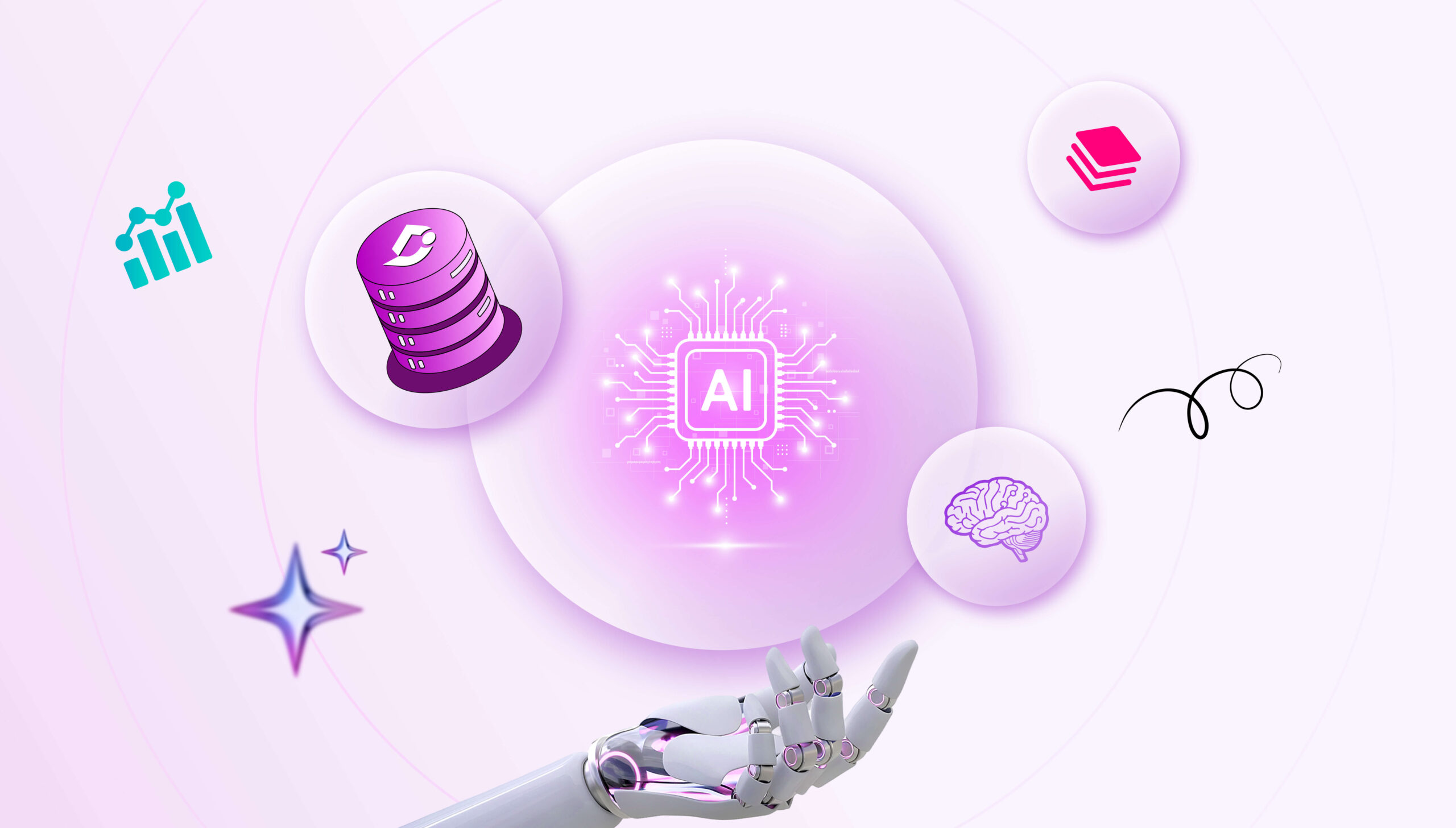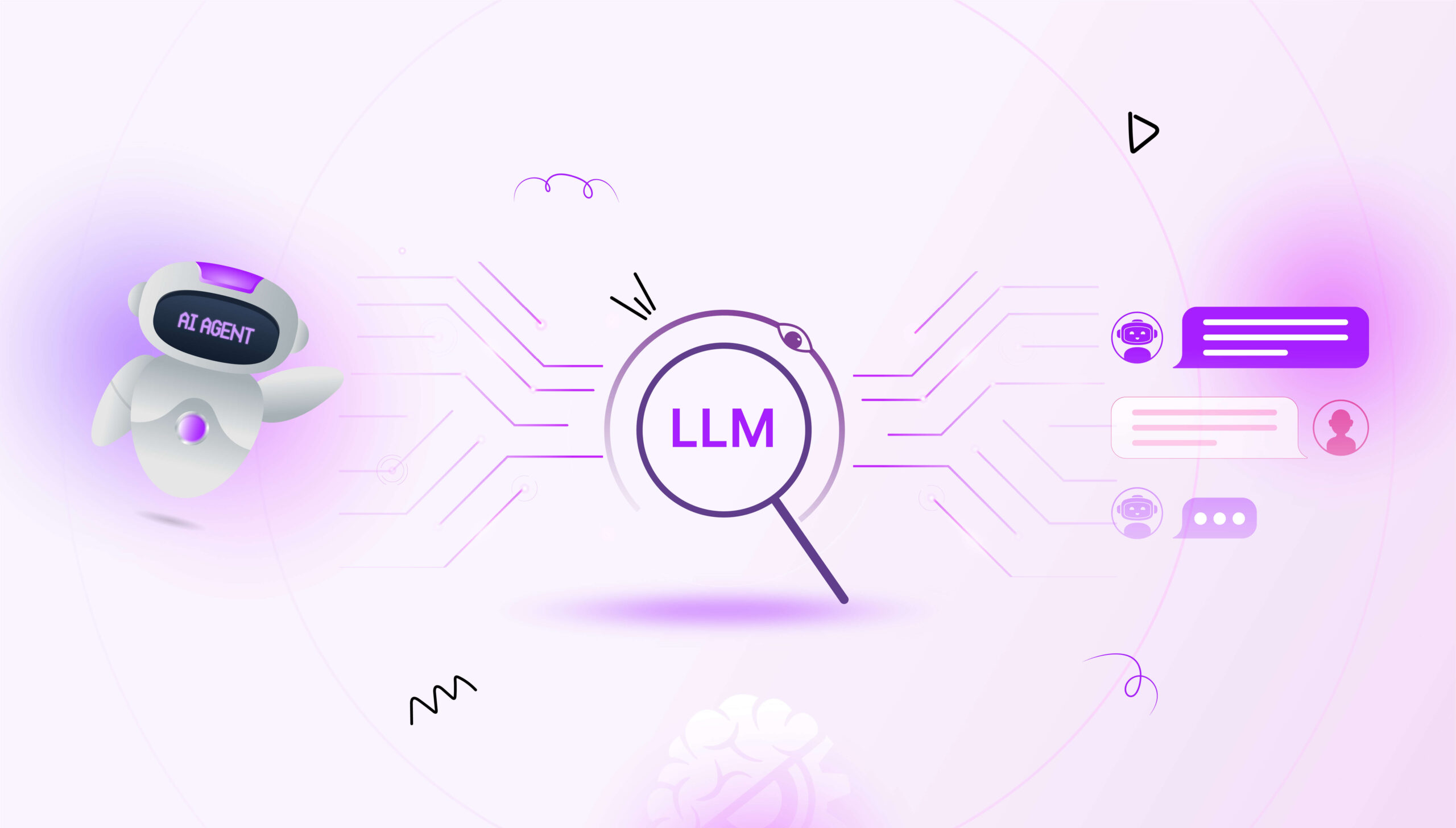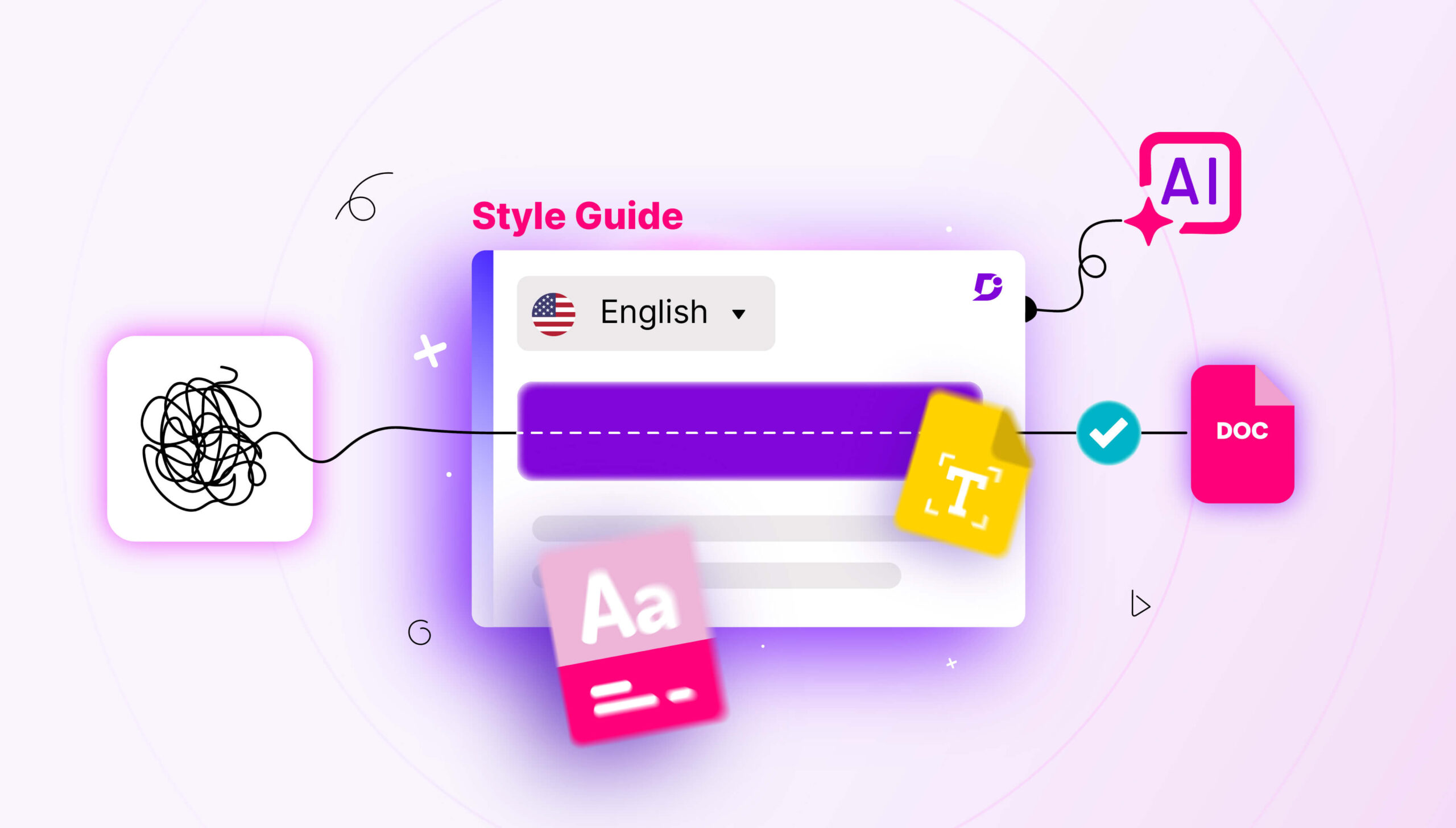New knowledge is being created at an extraordinary pace these days, given the advent of new technology tools and enabling humans to have more interactions both in online and offline mode. New knowledge can occur at different places, such as business meetings, customer meetings, external events, etc. The new knowledge comes in different forms, such as meetings, notes, screenshots, photos, audio, and so on. Knowledge can be stored in different formats in different organizational workspaces. Knowledge has intrinsic value that can be enriched using information from trustworthy sources. It can be leveraged to gain a competitive business advantage.
Current Landscape
Knowledge creators are still practicing classical frameworks and processes to create new knowledge. This new knowledge comes in the form of product documentation, user manuals, standard operating procedures, and so on within organizational settings. Knowledge creators usually liaise with business stakeholders to create knowledge and update workflows. This involves multiple meetings, peer reviews, and content quality assurance processes. Even though organizations agree on the need for modern knowledge management practices. However, it is harder to quantify the value of the documentation team to substantiate any additional investment. Knowledge creators play a support role as enablers so that organizations’ customers benefit by accomplishing tasks using the documentation. This is the typical value stream.
Conversely, knowledge creation teams (documentation teams, technical writers, and so on) are often seen as cost centers rather than revenue enablers in many organizations, resulting in the growth of customer support teams instead of hiring more technical writers. Even though a few frameworks and metrics are available to quantify the value of the knowledge creator’s team, it is harder to associate the direct evidence of activities accomplished by documentation with business outcomes metrics. This team is working with the customer support team to reduce ticket volume, improve customer support agent’s productivity, reduce ticket resolution time, and deflect customer support tickets. At scale, some of the business value metrics justify the investment into knowledge management practices, yet many organizations are not making the right move.
The value stream of the knowledge creators ends once the customer finds a relevant knowledge base article. However, the customer value stream begins from this stage. The real outcome that the knowledge creators’ team should chase is
- How does documentation help to accomplish a task?
- How does documentation help customers to self-serve?
The data to calculate the above metrics needs sophisticated engineering effort to collect and curate the required data. Many technical writers are skeptical about using Generative Artificial Intelligence (GenAI) technology. Hallucinations in GenAI responses and GenAI’s inability to provide a reliable approach to curating information are the main drivers hindering technology adoption. More importantly, technical writers are resilient to change, and legacy product vendors are slow to introduce GenAI capabilities inside their products. Technical writers undertake many activities, such as drafting content from stakeholders’ meetings, reviewing processes, updating existing articles, and creating media artifacts that can be automated without much manual effort. Modern-day customers are tech-savvy, cloud-native, and mobile-friendly. They need to access information quickly and more importantly ability to accomplish tasks using the discovered knowledge even quicker! Customers are getting familiar with using ChatGPT-like interface and prefer conversational design in many products.
Drivers of Change
The are three forces at play in the current market landscape that drive change in the knowledge base domain
- Technology driver: Automation and intelligence will be abundant across different industries, and the cost of intelligence will go down dramatically. The level of intelligence offered by technology is to grow rapidly over time. Given the advancements in GenAI technology, there are new tools available to solve many business problems in newer ways. Doing mundane, low-value tasks is no longer required. This technology force is disruptive! Knowledge Management practices are getting disrupted as old practices are either being automated with intelligence or made obsolete.
- Customer behavior: The shift in customer behavior is disrupting User Experience (UX) of how knowledge will be consumed and used to produce business outcomes. Customers are no longer interested in knowing things for self-service. Instead, they wish to accomplish complex tasks quickly with human-in-the-loop. Also, they want to complete simple tasks more autonomously utilizing a reliable knowledge base as the source.
- Knowledge creation patterns: The way new knowledge is being created is also facing disruption as businesses are trying to reduce value lead time. The quicker the value is realized, the quicker they can capture and monetize the value. This fundamental rule is now becoming a mantra from knowledge creators such as technical writers, knowledge managers, and so on. The GenAI will accelerate knowledge creation from multiple sources and many practices in knowledge management will be taken over by the GenAI tool.
Anyone who creates new knowledge and uses knowledge will want a new way of better knowledge creation process and utility of the new knowledge respectively.
Also Read: The Era of LLM Agents: Next Big Wave in Knowledge Management
Future is Exciting
We are moving into a world where collaboration will thrive and communication between products/services will be seamless. The Artificial Intelligence (AI) technology will become ubiquitous.
- The rate at which we create new knowledge will accelerate and the role of knowledge creators in the value stream will be very minimal as GenAI tools will aid many activities
- New knowledge creation happens in meetings and discussions. not in the tool where knowledge creators work in
- Human-in-the-loop is very important for producing trustworthy and accurate content.
- An agentic framework that can make decisions and execute tasks based on the defined process will be prevalent across all components in the knowledge management lifecycle as shown in Figure 1
- The role of documentation in achieving business outcomes such as customer satisfaction score and NPS will be tied to corporate strategic initiatives
- The product industry will think about its product and its documentation (knowledge base) as a single entity. The services industry will enable customers to self-serve and provide a richer user experience
- Data insights curated from different business applications will create an avalanche of intelligence that drives a better knowledge experience

Figure: Agentic framework accomplishing outcomes
Knowledge Creation
An agent is an autonomous unit programmed to perform tasks, make decisions, and communicate with other agents. These agents can be thought of as members of a knowledge creation team with specific skills and a particular job to do. Agents can have different roles like ‘peer reviewer’, ‘writer’, or ‘customer support’, each contributing to the overall goal that they aim to achieve. The LLM agents are being incorporated into many services and products that will take the right actions based on the scenario. They will orchestrate with timely intelligence around what has happened in the short term and how strategic decisions will pan out. These agents could help in doing tasks as peer reviewers, grammar checkers, and so on. Technical writers will be writing policies for provisioning and maintaining many LLM agents in the future.
Knowledge Mobilization
The LLM agents will help customers mobilize the knowledge stored in an organization’s knowledge repository. The LLM agents will perform tasks based on the instructions in the Standard Operating Procedures on the customer’s behalf or execute certain steps inside a software product based on “how-to” manuals written inside the software documentation.
Also Read: European Union Artificial Intelligence Act (EU AI Act): Impact on Technical Communication
Conclusion
As knowledge creators, we need to embrace this new wave of technology, which aids quicker knowledge creation and enhancement. This technology infused in many team collaboration tools such as Teams, Slack, and so on, helps us to capture tacit knowledge and bring it to the surface quickly. The highly accurate knowledge helps to mobilize the knowledge in a newer way using the LLM agents which undertake work with customer-in-the-loop so that the value of the knowledge is out to use. The flow of intelligence across agents also helps knowledge creators to be more agile and achieve their full potential.





 –
– 

